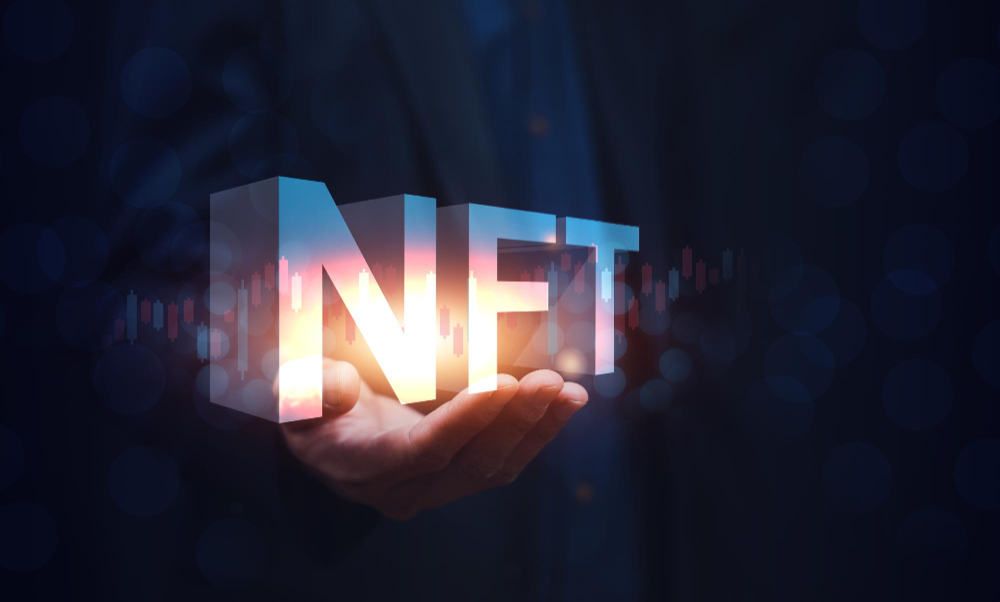In recent years, Non-Fungible Tokens (NFTs) have been gaining popularity as a new form of digital asset ownership. NFTs are unique digital tokens that represent ownership of a specific piece of digital content, such as artwork, music, or video. They are stored on a blockchain and can be bought, sold, and traded like traditional collectibles.
So, what exactly makes NFTs different from other digital assets?
The key difference lies in their uniqueness and non-interchangeability. Unlike cryptocurrencies, such as Bitcoin, or other digital assets, NFTs cannot be replicated, divided, or exchanged on a one-to-one basis. Each NFT is unique and has its own distinct value, similar to traditional collectibles such as art, rare books, or stamps.
This is possible through the use of blockchain technology, which provides a secure and transparent way to track ownership and authenticity of digital assets. When someone buys an NFT, they are essentially buying a one-of-a-kind digital certificate of ownership, which is stored on the blockchain. The ownership information is recorded on a decentralized ledger, making it nearly impossible to forge or duplicate.
NFTS’ Advantages
One of the biggest advantages of NFTs is that they allow creators to monetize their digital creations in a new way. For example, an artist can sell a unique digital painting as an NFT, rather than just selling the image itself. The buyer of the NFT will then own the exclusive rights to display and trade that specific piece of digital art. This opens up new revenue streams for creators and gives them more control over their work.
Another advantage of NFTs is that they provide a new form of investment opportunity. The value of NFTs is determined by market demand and can increase over time, similar to traditional collectibles. This has led to a growing number of investors and collectors entering the NFT market, seeking to purchase unique and valuable digital assets.
However, it’s important to note that the NFT market is still relatively new and has seen its fair share of volatility. The value of NFTs can be extremely volatile, and it’s crucial to thoroughly research and understand the NFT market before investing. It’s also important to remember that the NFT market is largely unregulated, which can increase the risk of fraud and other types of financial misconduct.
NFTs are a unique and innovative way of owning and monetizing digital assets. They offer new opportunities for creators and investors, but also come with their own set of risks. As the NFT market continues to evolve, it will be interesting to see how it develops and the impact it will have on the art and collectibles world.
Meet our new service, NFT management.
